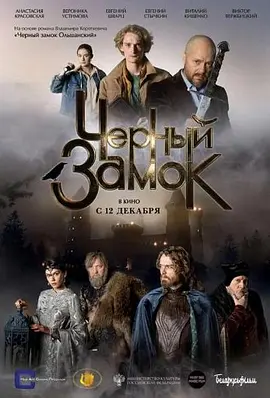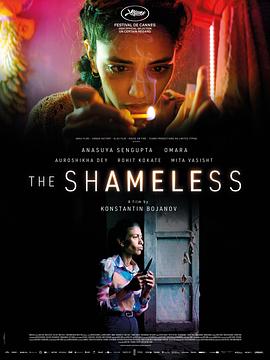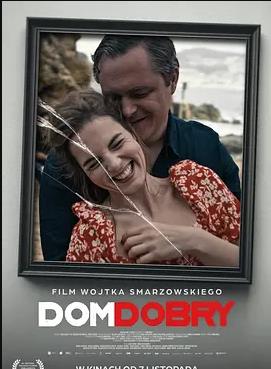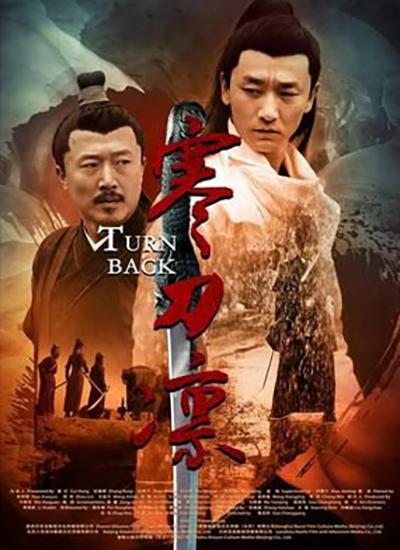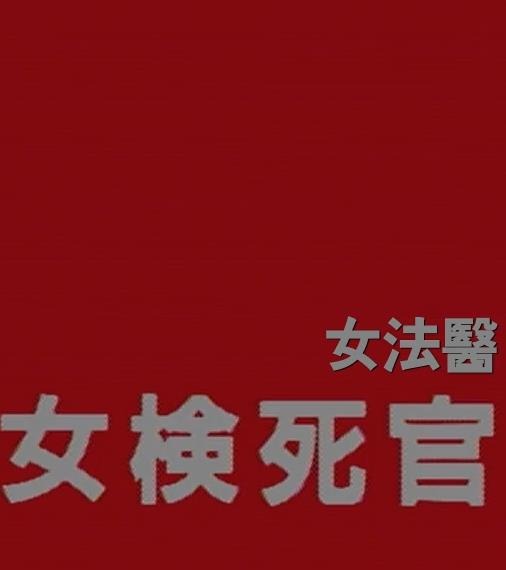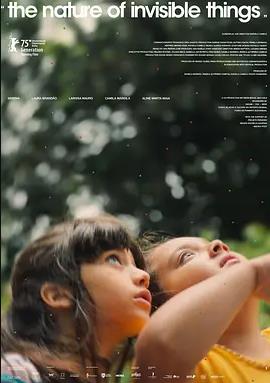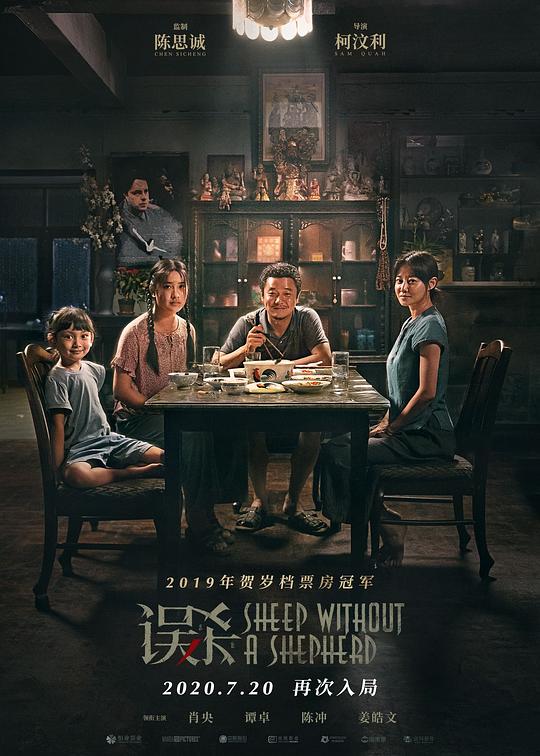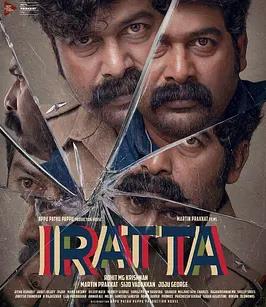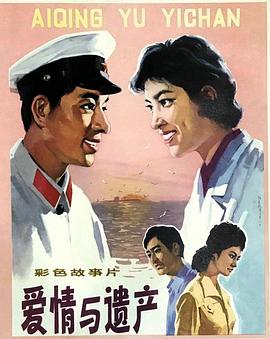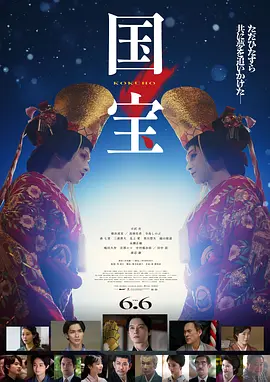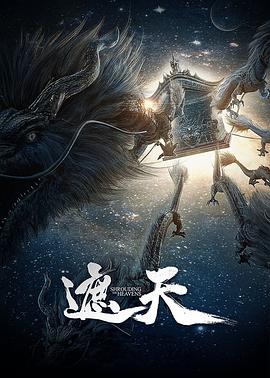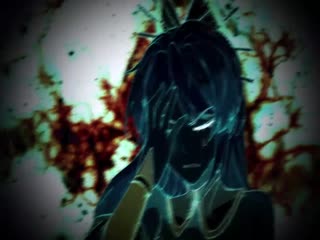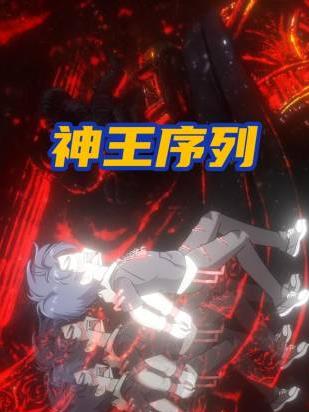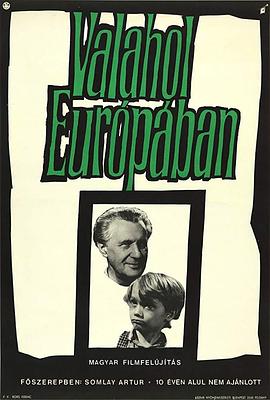
上映:
1948-11-19
更新:
2025-10-05 10:25:25,最后更新于
3月前
备注:
HD中字
TAG:
剧情:
Somewhere in the remote region, the war ends. In the midst of ruined cities and houses in the streets, in rural hamlets, everywhere where people still live, are children who have lost their homes and parents. Abandoned, hungry, and in rags, defenseless and humiliated, they wander through the world. Hunger drives them. Little streams of orphans merge into a river which rushes forward and submerges everything in its path. The children do not know any feeling; they know only the world of their enemies. They fight, steal, struggle for a mouthful of food, and violence is merely a means to get it. A gang led by Cahoun finds a refuge in an abandoned castle and encounters an old composer who has voluntarily retired into solitude from a world of hatred, treason, and crime. How can they find a common ground, how can they become mutual friends The castle becomes their hiding place but possibly it will also be their first home which they may organize and must defend. But even for this, the price will be very high. To this simple story, the journalist, writer, poet, scriptwriter, movie director, and film theoretician Béla Balázs applied many years of experience. He and the director Géza Radványi created a work which opened a new postwar chapter in Hungarian film. Surprisingly, this film has not lost any of its impact over the years, especially on a profound philosophical level. That is to say, it is not merely a movie about war; it is not important in what location and in what period of time it takes place. It is a story outside of time about the joyless fate of children who pay dearly for the cruel war games of adults. At the time it was premiered, the movie was enthusiastically received by the critics. The main roles were taken by streetwise boys of a children's group who created their roles improvisationally in close contact with a few professional actors, and in the children's acting their own fresh experience of war's turmoil appears to be reflected. At the same time, their performance fits admirably into the mosaic of a very complex movie language. Balázs's influence revealed itself, above all, in the introductory sequences an air raid on an amusement park, seen in a montage of dramatic situations evoking the last spasms of war, where, undoubtedly, we discern the influence of classical Soviet cinematography. Shooting, the boy's escape, the locomotive's wheels, the shadows of soldiers with submachine guns, the sound of a whistle—the images are linked together in abrupt sequences in which varying shots and expressive sharp sounds are emphasized. A perfectly planned screenplay avoided all elements of sentimentality, time-worn stereotypes of wronged children, romanticism and cheap simplification. The authors succeeded in bridging the perilous dramatic abyss of the metamorphosis of a children's community. Their telling of the story (the scene of pillaging, the assault on the castle, etc) independently introduced some neorealist elements which, at that time, were being propagated in Italy by De Sica, Rossellini, and other film artists. The rebukes of contemporary critics, who called attention to formalism for its own sake have been forgotten. The masterly art of cameraman Barnabás Hegyi gives vitality to the poetic images. His angle shots of the children, his composition of scenes in the castle interior, are a living document of the times, and underline the atmosphere and the characters of the protagonists. The success of the picture was also enhanced by the musical art of composer Dénes Buday who, in tense situations, inserted the theme of the Marseilaise into the movie's structure, as a motive of community unification, as an expression of friendship and the possibility of understanding. Valahol Europaban is the first significant postwar Hungarian film. It originated in a relaxed atmosphere, replete with joy and euphoria, and it includes these elements in order to demonstrate the strength of humanism, tolerance, and friendship. It represents a general condemnation of war anywhere in the world, in any form.
收起
相关影片
2021
剧情片
其它
HD中字
2024
剧情片
白俄罗斯 / 俄罗斯
Young professor Anton Kosmich studies the history of Belarus. One day he is mystically transpor
HD中字
2024
剧情片
美国
阿纳苏亚·森古普塔 Omara Auroshikha Dey Rohit Kokate Mita Vashisht Sebita Adhikari Pramod Agrahari Mihir Agrawal Pusparaj Awasti Rambachha Baitha Rishikesh Basyal Pratichya Bhandari Radika Bhandari Kiran Bhivagade Shristi Bhujel Swarna Budathiko Nikita Chandak Sar
在一个深夜里,雷努卡(Renuka)刺死一名警察后逃离德里一家妓院。 她在印度北部的一个性工作者社区避难,在那里她遇到了德维卡(Devika),一个被迫卖淫的年轻女孩。 她们的羁绊发展成了一段禁
HD中字
2025
剧情片
其它
HD中字
2019
剧情片
大陆
HD国语
2000
剧情片
日本
HD中字
2025
剧情片
其它
暑假将至,十岁的格洛丽亚陪同身为护士的母亲安东尼娅去医院上班。格洛丽亚对医院早已熟悉,经常独自探索。有一天,她遇到了同样十岁的索菲亚。索菲亚来医院是因为她的祖母:比萨·弗朗西斯卡,一位患有阿尔茨海默症
HD中字
2019
剧情片
大陆
HD国语
2026
剧情片
中国大陆
HD中字
2025
剧情片
中国大陆
HD中字
HD中字
1980
剧情片
大陆
HD国语
1989
剧情片
台湾
DVD国语
1987
剧情片
美国
DVD国语
2025
剧情片
日本
HD中字
2025
剧情片
美国
安德烈·霍兰 凯特·玛拉 斯蒂芬·亨德森 莎姬·贝兹 阿尔迪斯·霍吉 劳伦·E.班克斯 特蕾西·怀尔德 兰尼·普拉特 本杰明·泰思 Shonica Gooden Lazarus Simmons Sally Stewart 托尼·托尔恩 凯文·泰勒·罗德里格斯 Hyunmin Rhee Natasja Naarendorp 迈克尔·劳伦斯 Christopher Batyr Christopher Cortez Adams Mounir Quazzani
 Set on a New York subway, The Dutchman centers on an encounter between a well-to-do Black
TC中字
正在热播
更多
2025
中国动漫
中国大陆
热播
更新第38集
2025
中国动漫
中国大陆
热播
全40集
更新至161集
2025
喜剧片
中国大陆
热播
正片


